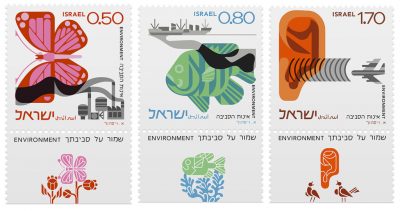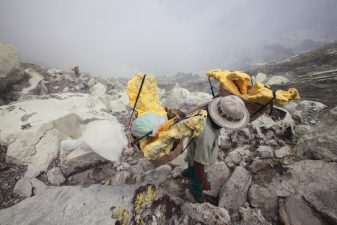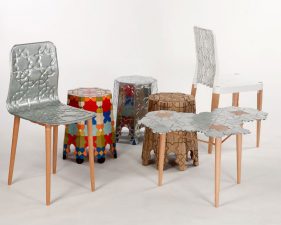 Every year artists are invited to the Asilah Arts Festival to contribute colorful murals to this Moroccan Town’s white walls – keeping the town clean and well-funded.
Every year artists are invited to the Asilah Arts Festival to contribute colorful murals to this Moroccan Town’s white walls – keeping the town clean and well-funded.
If you are among those who associate art with the rail-thin, woebegone people who produce it and not much else, then you might be surprised to learn about the power paint has to transform a community. Take a look at Asillah, a fortified town with a long, colorful history complete with pirates on Morocco’s Northwestern Atlantic coast. A skip over the environmentally-threatened Mediterranean Sea from Europe and only a short drive south of Tangiers, Asillah became completely overrun by trash about three decades ago and no one thought to do anything about it. That is until one boy who remembered a time before, when the town of now 35,000 residents was still spotless and tranquil, returned as a grown man from his UN travels to find his home town completely neglected. Now Asilah’s longstanding mayor, Mohamed Benaissa instantly turned to mural art, and the generous patronage of Gulf countries, to lovingly restore the former majesty of his childhood memories.
33 Years of Paint
By all accounts, it seems to have worked. For thirty-three years, Mayor Benaissa has invited international artists to paint the city’s ramparts as a way to raise funds to keep the town clean. This initiative is collected into the month-long Asillah Arts Festival that takes place every summer and features a different country each time. Last year the United Arab Emirates funded the festival, a gift that allowed them to then share information related to Masdar City and other environmental and social projects that have improved their own country.
This year, Kuwait’s Arab Fund for Economic and Social Development was a major benefactor of the festival. Unlike massive development projects funded by Dubai, these civic-minded gifts (and they are gifts, since neither Kuwait nor the UAE have received any kind of financial compensation from the even) are a means of sharing culture and ideas, a way for the Gulf to both help and influence Morocco’s development.
Making the most of not much
Benaissa explained to the BBC that Asillah has no resources save its residents’ cultural and imaginative abilities in order to keep the town going. So he invested in these skills by encouraging the most creative to paint murals on Asilah’s white walls. The best of them will remain part of the town’s historical character for years to come. He added that his “faith in [the residents] has paid off.”
A huge success that other cities throughout the country have emulated, the Asilah festival became Morocco’s very first non-government organization and has helped to open dialogue about broader issues as well. In addition to keeping beaches clean, the BBC notes that the festival addresses (obliquely or directly) immigration, economics, and other pressing political issues.
:: BBC
More environmental stories from Morocco:
Walking in the Shadow of a Moroccan Camel
A Side of Sewage with Dinner in Morocco
Morocco: Arab World Star Has a Dark Side



